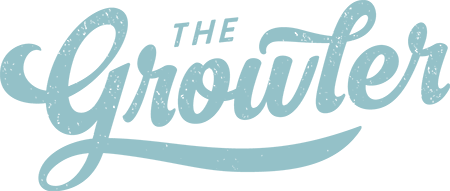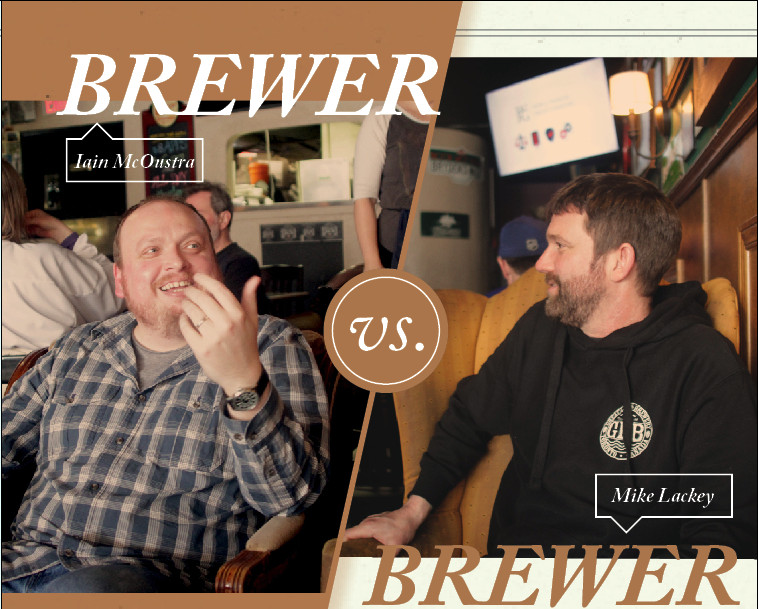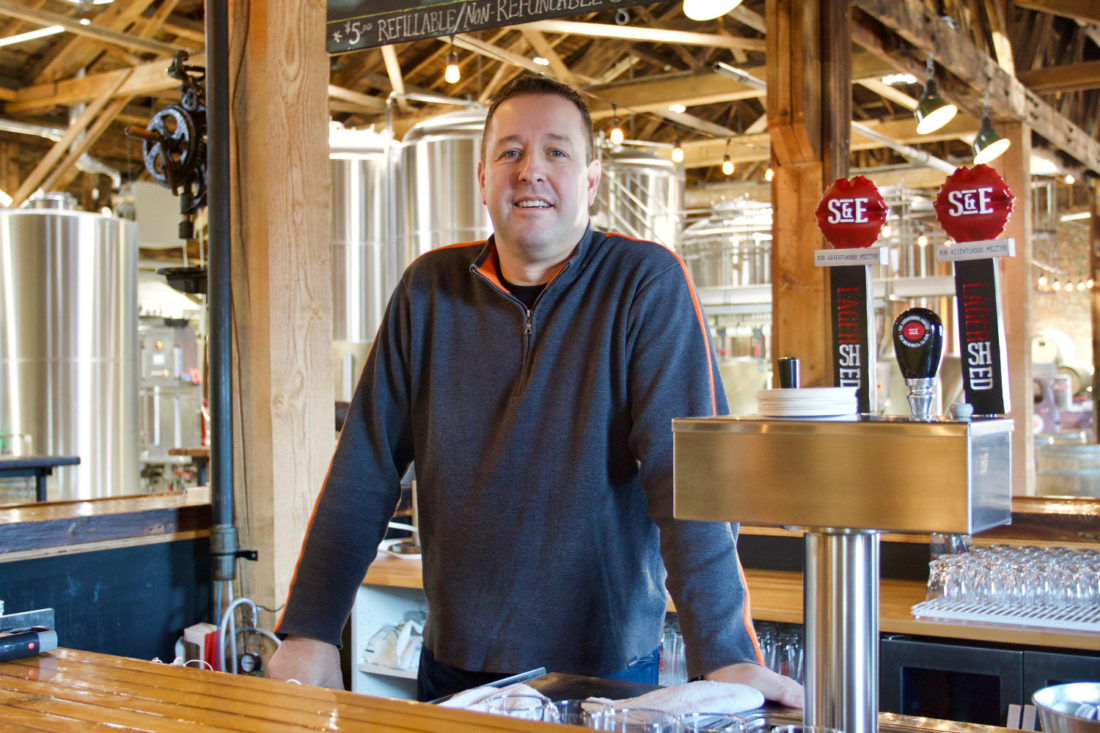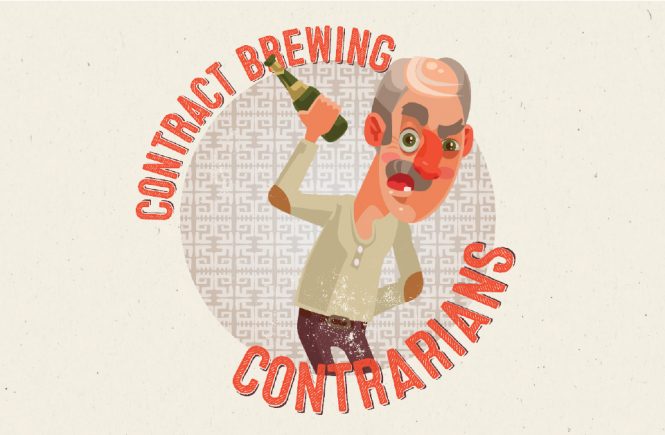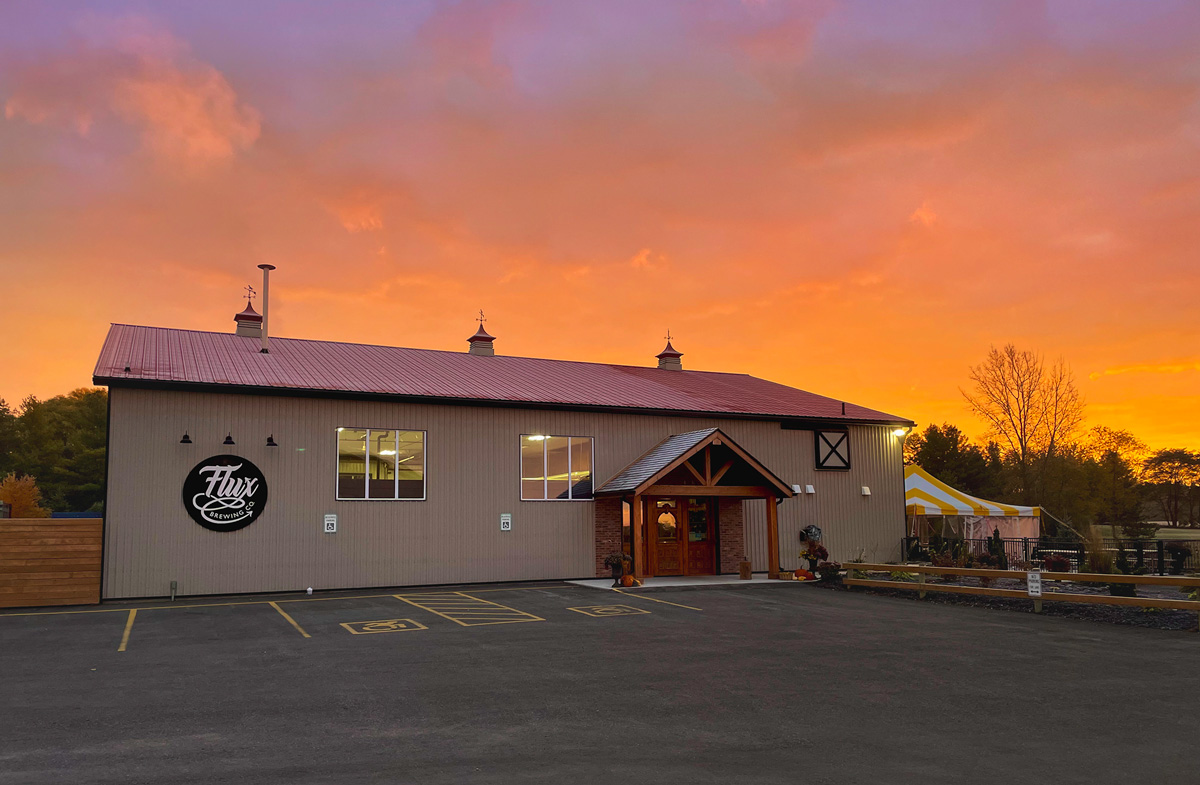
On the face of it, you might assume that Scotland, Ontario’s Flux Brewery and Toronto’s Lost Craft have comparatively little in common. Flux is one of the newest hype breweries in the province with a range of IPAs that are highly sought after for delivery. Lost Craft was until recently a contract brand best known for its Lagered Ale that has made the transition to being a physical brewery by partnering with the High Park Brewery in West Toronto.
The difference maker in both of these situations is the brewer. Catherine St. John and Kelsey Desnoyers have stories that share some commonality. They’re both recent Niagara College graduates looking to make their mark in an industry that they’ve adopted. Catherine worked her way through several different brewing situations (Indie, Steam Whistle, Bandit, Common Good) before landing at Lost Craft. Kelsey started working at Flux directly after graduation.
Their journeys are slightly different based on their goals coming out of the program, and the contrast is fascinating.
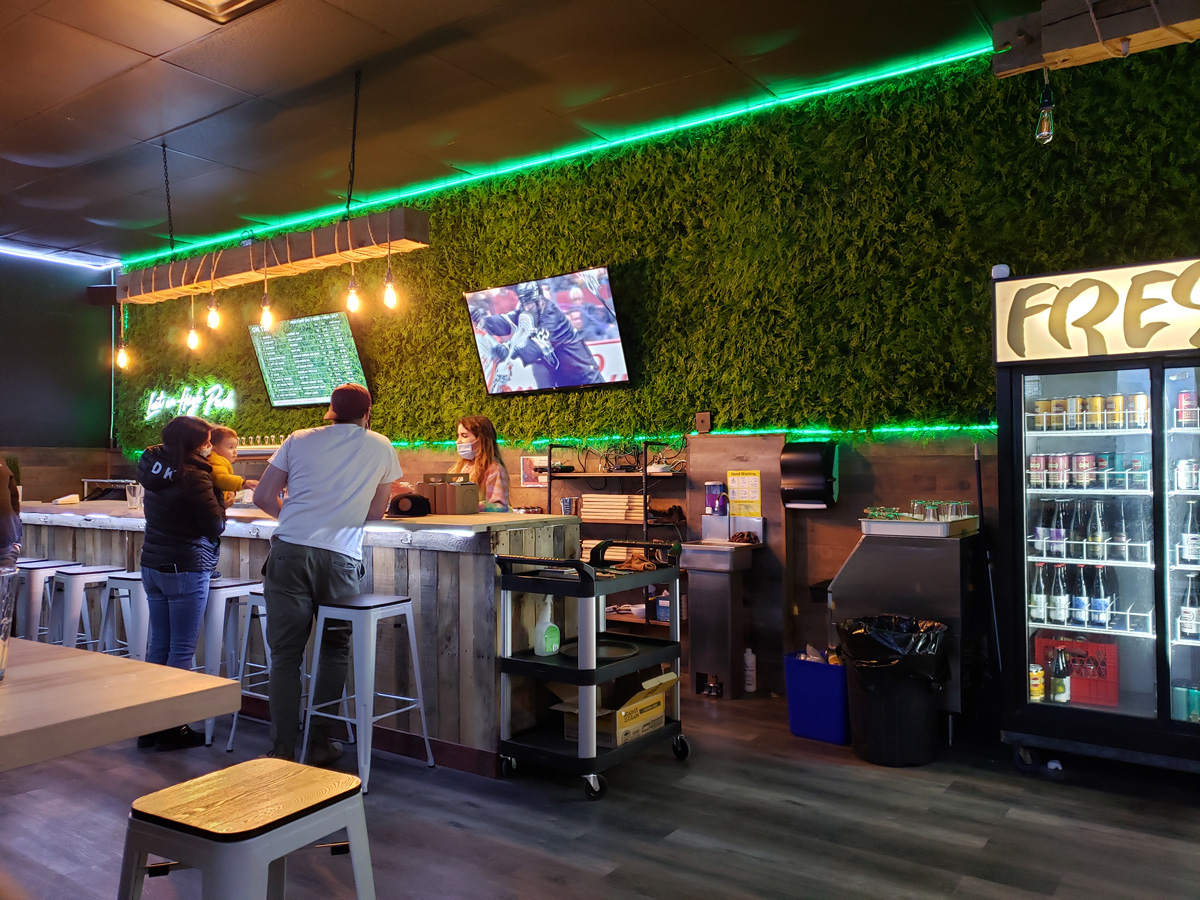
Growler: What made you decide to go into brewing?
CSJ: Why not brewing, really? I got into it because I got my masters degree in English Literature and was applying for a bunch of phD’s but what do you do with a graduate degree in English lit. I was thinking I’ll become a professor, it’ll be great. Turns out I didn’t like academia that much and there are very few jobs, and they’re extremely competitive and or they’re in locations I wouldn’t want to go to.
Decided I didn’t want to go for the PhD, so I just sort of looked at what I was doing for fun.
Making stuff, homebrewing, baking, cooking. On a chance wine tour of the Niagara region, I noticed there was a teaching brewery. Let’s stop by there and see what that’s all about. The person who was working there did a very good sales pitch where 98% of grads had a job in their field and, oh, that’s the opposite of English Literature.
KD: I went to the University of Guelph for Marine Biology. I loved it. I double majored in marine biology and nutrition, all things I thought were super interesting. I think that’s how you initially decide your career path… In the process of this time period my wife and I were constantly going to craft breweries. We loved craft beer, we loved the craft beer scene, we loved trying different beers, we loved everything about it. I remember one day thinking “Well shit, what about this, I really like this.”
So I started thinking through that process talking to brewers and breweries and attended a couple of conferences OCBC, MBAAs just to see if it was something I was interested in and that’s how I got into applying for the college program. I also did their brew academy, their week-long kind of condensed course where you could go in and brew one day and the other days were filled with classrooms, learning about the ingredients and packaging and that kind of stuff.
Growler: How do you approach looking for work coming out of Niagara College?
CSJ: I came out of Niagara College very aware of the fact that I was not ready to be a head brewer. I think the program doesn’t necessarily prepare you all that well for that, so I was looking for entry level positions at companies that I respected so I was applying for packaging jobs, cellaring jobs, bottle shop jobs that could lead to something more. I decided I would rather work for a company I liked in a junior role than immediately take that head brewer position somewhere that should not be hiring me as a head brewer.
KD: The job I currently have is exactly the kind of job I was looking for. I wanted to go to a place where I was able to do everything. If you apply to Collective or one of the bigger guys you’re either brewing or cellaring or packaging, and one of the things I love about craft beer is that you can be a part of everything from start to finish, so that was specifically what I wanted it was a question of finding a place I can do that in.
I got really lucky. I was able to meet and find something really quick. I know a few of my classmates who had to wait a couple of months before they could lock in a job. I don’t know a lot of places that are hiring during the down months in January.
Growler: The owners presumably have a vision for the company. How do you, when you’re starting from scratch, reconcile what you want to make with the vision of the owners?
CSJ: [At Common Good,] a good chunk of our volume was contract, which was really interesting and I was happy to experience. It’s all well and good when you have one person making all the recipes. Everything is fairly cohesive. It makes sense within that system. But when you’re adapting assorted brewers’ recipes, visions, techniques to the same system, it was just really cool to see how other people were approaching certain styles.
A lot of it is just different technique in terms of hopping, water chemistry, even grist to water ratios in the mash. People come at it from different directions depending on what people want to achieve. The brewhouse was quite forgiving. This is the smallest system I’ve ever professionally brewed on at 10 HL. It’s just slightly smaller than Bandit.
KD: One of my draws to Flux was I’m a big malt forward beer drinker. Red Ales, Stouts, Porters, give it to me with a hose, but Jeremy is a huge Hazy IPA drinker. One of the things that drew me here was I didn’t know a lot about IPAs. I didn’t drink them a lot. I saw it as an opportunity to learn way more about them. That being said, we make a lot of hazy IPAs. At the end of the day, we still make the malt forward guys that I like. As much as I push Jeremy to do those kind of beers, he pushes back with IPAs and we find a happy balance of what we both love to drink, but what we know the consumer wants.
Growler: How has the learning curve been with your own brewery?
CSJ: Just trying to maintain the distinction between the brands has been a really fun challenge. Just mentally having the space to understand that you’re working on different brands and just understanding that this recipe makes sense for that brand. Specifically with High Park vs. Lost Craft, they’re just different vibes, as esoteric as that sounds. Lost Craft is very approachable, accessible, and easy drinking. Lost Craft is more bright and crisp, while High Park is a little warmer and rounder, and I’ve sort of developed water profiles that fit those two types of beer, which doesn’t limit me in terms of style but just creates that vibe.
KD: [At Niagara College,] I was in the brewery every second I could be. Any free moment I was there. Fridays were free days and I was in the brewery learning as much as I possibly could.
Potentially if you ask one of my classmates the same question they might have a different answer.
We’re constantly changing our IPA recipes in a strive for perfection, right? So we’re constantly tweaking it just to get a bit more haze, a bit more flavour, a bit more mouthfeel. If you’re not constantly making those changes… it’s good for us too. You don’t get complacent. You’re constantly striving to make that beer that’s already good, just that much better.
Growler: What’s the favorite beer you’ve created?
CSJ: After I interviewed and was accepted for the position, I had to give some notice. They were introducing their new brand in the LCBO: the Neapolitan Stout. “This is being brewed within the next week or so, we know you haven’t officially started yet, but would you mind taking a look at the recipe?” I glanced at it and thought, “I know how to fix this.” And because it was going to be such a large scale production, I didn’t want one of the first beers that was released when I start with the company to be something I wasn’t 100% proud of. I sent them recipe revisions, said, “maybe you should do this.” The first batch gets brewed and everybody goes nuts for it. They’re thrilled. That went a long way to building trust.
KD: Ask me today, I’ll give you an answer. Ask me tomorrow, it’ll be a different answer. I would probably say one we made back in the fall of 2020. It was a Coffee Porter. We partnered with a local roastery in Brantford called Seventh Coffee. He did a fresh roast for us. We did a cold brew that we infused into our porter. As a huge coffee drinker it was by far my favorite beer we’ve ever made.
Growler: What advice would you have for someone who’s starting out?
CSJ: I would say just take pretty well any job you can get that’s brewery related and let the people above you know that you’re interested in advancing. By and large, brewers are good folks and if you’re also a good person they’ll try to help you out as long as you put in the work and learn and aren’t a total jerk to everyone, there’s definitely a path there.
KD: Go and get as much experience as you can, not necessarily in working. The people in the craft industry are so friendly. If you’re interested, do what I did. Go to breweries and start chatting people up. Chat up the brewers, owners, start homebrewing. There are so many ways to connect with people in the industry if you’re interested. And so many people that are willing to help and that’s a great starting block.
